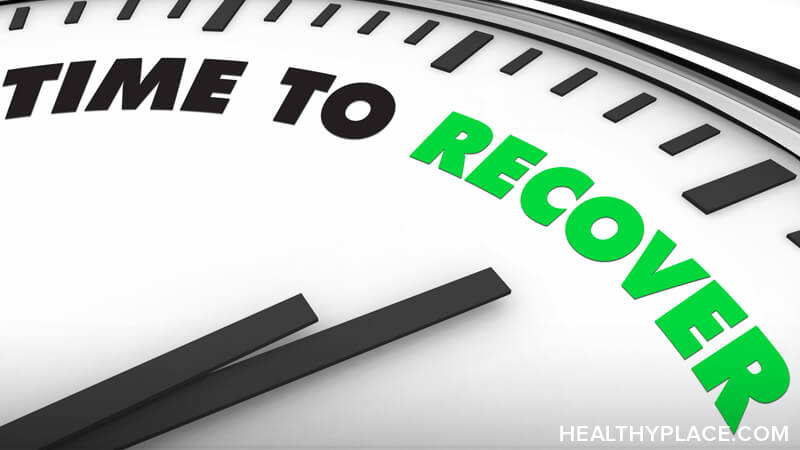Why I'm Hesitant to Use the 'Trigger' Label in ED Recovery

Confession: I'm hesitant to use the "trigger" label at this juncture in my eating disorder (ED) recovery. To be clear, though, as someone who has been part of formalized treatment communities for the past 10 years, I understand why it's useful—or even a source of comfort—to be conscious of triggers in the earliest stages of recovery.
The work to identify triggers can build self-awareness as to why an ED took root to begin with, which is helpful information when dismantling those unhealthy patterns. For this reason, triggers are often examined at length in ED recovery circles. However, as my healing process continues to deepen and strengthen, that convenient impulse to attach the trigger label to any anxious, uncomfortable situation I might encounter now feels more like an excuse to avoid the fear or a crutch to justify the harmful behavior.
Of course, this is not an indictment or criticism of anyone who finds it helpful to analyze what triggers them. I am a firm believer that each person should feel both safe and empowered to approach healing in a way that's authentic and constructive for their unique, specific journey. But for personal convictions, which I will outline in the video below, I'm becoming more hesitant to use the trigger label in my own ED recovery.
Why I Do Not Label My ED Triggers as Often as I Used To
When it comes to ED recovery, do you think it's helpful to use the trigger label in moderation—or eliminate it altogether? Do you feel that too much avoidance of triggers can allow fears and anxieties to continue thriving unchecked? Do you feel that too much reliance on triggers to rationalize unhealthy behaviors can derail the healing process overall? Please share your thoughts and feedback in the comment section below.
APA Reference
Schurrer, M.
(2021, November 9). Why I'm Hesitant to Use the 'Trigger' Label in ED Recovery, HealthyPlace. Retrieved
on 2026, March 4 from https://www.healthyplace.com/blogs/survivinged/2021/11/why-im-hesitant-to-use-the-trigger-label-in-ed-recovery
Author: Mary-Elizabeth Schurrer
This is a wonderful read that touches on something I haven't seen readily discussed. There truly is so much power (and benefit) in the practice of identifying triggers. For many, this can be an empowering first step and allows us to feel like we are taking back some control in a healthy, positive way. Well said.
Hi Lizanne,
Thank you for reaching out with your thoughtful comment. I absolutely concur—awareness of triggers is a beneficial first step in the recovery process. It's not necessarily a place that I would advocate remaining in, but it is most definitely a place to start!